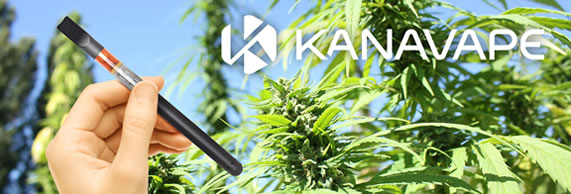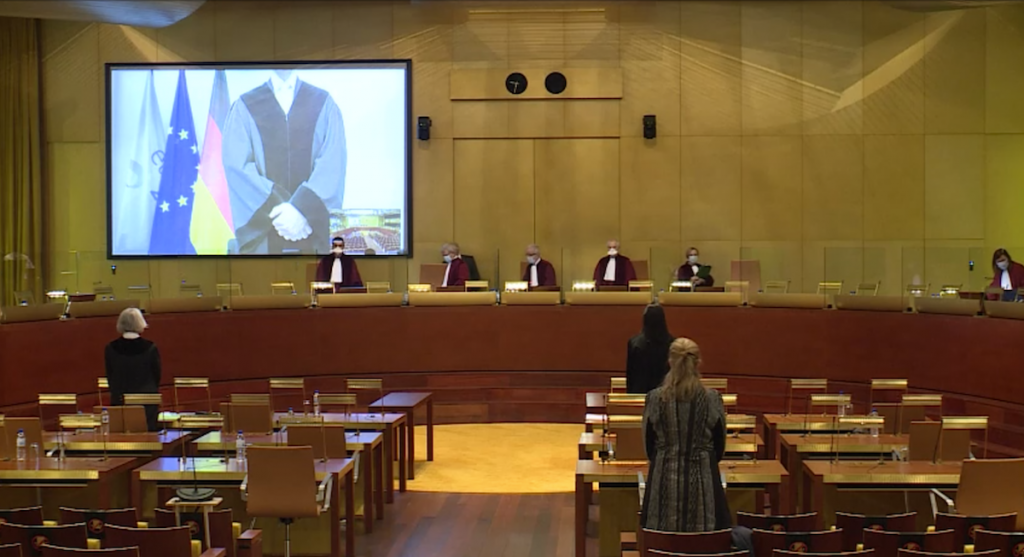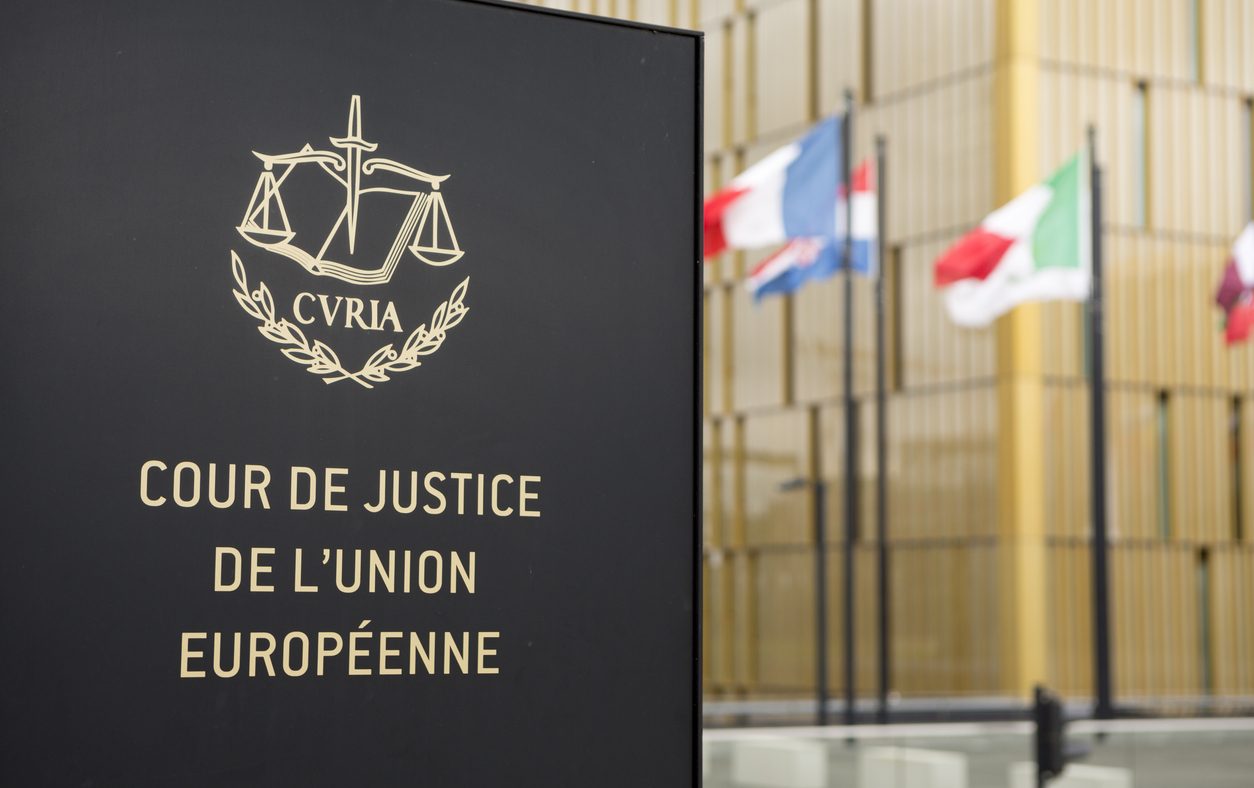The Court of Justice of the European Union today handed down the ruling on the Kanavape case, ruling that “a Member State cannot prohibit the marketing of Cannabidiol (CBD) legally produced in another Member State when it is extracted from the plant. Cannabis sativa in your totality". This could be the first step towards the future of the CBD market in Europe.
“The ban at the state level can, however, be justified by the objective of protecting public health, but should not go beyond what is necessary to achieve it”, says the CJEU Press Release.

Sébastien Béguerie, defendant in the process, was visibly overjoyed with the decision of the CJUE, in a video call with Laura Ramos, Editor of Cannareporter
Sébastien, a pioneer on the CBD journey
For Sébastien Béguerie, one of the founders of Kanavape, currently CEO of Alpha Cat, this decision constitutes “a great relief from a personal point of view”.
In a video call with Cannareporter, Sébastien was visibly radiant with the decision of the CJUE and recalled that it has been six years since he was the subject of heavy criminal proceedings in France. Sébastien was even forced into exile in the Czech Republic. “I paid a high price for this, but I am now delighted to see that I can finally be legitimately recognized as a pioneer in my entrepreneurial journey into the world of CBD. From a concrete point of view, the legal proceedings against me will no longer have a legal basis and, therefore, I want to see my innocence recognized. From a collective point of view, this decision creates immense hope for our community and for the French CBD/hemp industry. Furthermore, I hope that France will know how to grasp this hand that Europe is holding out to bring its regulations up to date. Let it be remembered that, in times of crisis, the CBD and cannabis industry can create jobs and take on a prospect of prosperity. Furthermore, I hope that this decision will finally allow our sector to legally structure itself in France and Europe, in order to give greater access to the CBD for the well-being of people”.
Kanavape criminal proceedings in France
The management of Kanavape, the company that made a vaporizer with CBD oil produced in the Czech Republic from hemp plants available on the French market, was the subject of a criminal prosecution by the French public prosecutor in 2015, alleging that French legislation prohibited the use of the entire plant, namely the inclusion of leaves and flowers.

The raw material was imported to France, to be later packaged in cartridges for vaporizers. The criminal proceedings were initiated since, under French legislation, only hemp fiber and seeds could be marketed. After being sentenced to suspended prison terms of 18 and 15 months, together with fines of 10 thousand euros, an appeal was lodged with the Cour d'appel d'Aix-en-Provence (Court of Appeal, Aix-en-Provence, France).
After examining the appeal concerning the ban on the marketing of CBD legally produced in another Member State, when extracted from the plant Cannabis sativa its entirety and not just its fibers and seeds, this court questioned the conformity of French legislation with EU law. This decision took the case to the Court of Justice of the European Union (CJEU).
What does the judgment of the European Court of Justice say?
In today's judgment, the provisions of EU law on the free movement of goods are declared, in this case, to be contrary to French legislation. Additionally, the provisions on the free movement of goods within the European Union apply in this case, since the CBD in question cannot be considered a “drug drug”.

The decision was handed down this morning at the Court of Justice of the European Union in Luxembourg.
This decision was based on the fact that narcotics cannot be invoked as freedom of movement, since that same marketing is prohibited in all Member States, with the exception of trade strictly for medical and scientific purposes. Since CBD is not a narcotic, the invocation of freedom of movement is legitimate, as it was legally produced in the country of origin. The Court further notes that, in order to define the terms 'drug' or 'drug', EU law refers, inter alia, to two United Nations (UN) conventions: the Convention on Psychotropic Substances and the Single Convention on Narcotic Drugs. CBD, however, is not mentioned in the first document, and while it is true that a literal interpretation of the second could lead to its classification as a drug, insofar as it is a cannabis extract, such an interpretation would be contrary to the general spirit of that document. Convention and its objective of protecting 'the health and well-being of mankind'.
The Court notes that, according to the current state of scientific knowledge, which it is necessary to take into account, unlike Tetrahydrocannabinol (THC), another hemp cannabinoid, CBD, does not appear to have any psychotropic effect or any harmful effect on health. human.
Free Circulation of CBD
In a second stage, the Court finds that the provisions on the free movement of goods preclude legislation such as that at issue in the Kanavape case. The ban on the commercialization of CBD constitutes a measure having an effect equivalent to quantitative restrictions on imports, prohibited by article 34 of the Treaty on the Functioning of the European Union (TFEU).
The Court notes, however, that such legislation may be justified on one of the grounds of public interest set out in Article 36 TFEU, such as the objective of protecting public health invoked by the French Republic, provided that such legislation is appropriate to ensure the achievement of that objective and does not go beyond what is necessary to achieve it.
Although this last assessment is not the responsibility of the CJEU, two pieces of information were provided in this regard. Firstly, it notes that it appears that the marketing ban would not affect synthetic CBD, which would have the same properties as the CBD in question and could be used as a substitute for it. If such a circumstance were proved, it would be an indicator that French legislation is not adequate to achieve, in a coherent and synthetic way, the objective of protecting public health. Second, the Court accepts that the French Republic is not, in fact, required to demonstrate that the dangerous property of CBD is identical to that of certain narcotic drugs.
However, the court responsible for the decision must assess the available scientific data to ensure that the real alleged risk to public health does not appear to be based on purely hypothetical considerations. A decision to ban the marketing of CBD, which in fact constitutes the most restrictive obstacle to trade in products legally manufactured and marketed in other Member States, can only be taken if that risk appears to be sufficiently substantiated..
EIHA welcomes breakthrough
Daniel Kruse, President of European Industrial Hemp Association (EIHA), this morning welcomed the decision of the ECJ: “This is a great day for the hemp industry, its entrepreneurs, operators, advocates and investors. If the hemp industry continues to be proactive and deliver safety assessments and standards achieved by the EIHA Novel Food Joint Application, then the products will be legally marketable across Europe within three years at the latest. Market growth will be extremely significant. The value of every euro invested in the consortium will increase exponentially. “Also Lorenza Romanese, Director General of EIHA, expressed her satisfaction with the decision: “EIHA welcomes the positive decision of the ECJ, as, at this stage, what the European hemp sector most needs is a fair and coherent legal framework. . We sincerely hope that the position of the Court of Justice will serve as an example and that the European Commission will revise its preliminary conclusion on the status of the natural CBD accordingly.”
Watch the video of the judgment in the CJEU here:



































[…] be used in cosmetics, in addition to the fact that the European Court of Justice has already declared that Member States cannot prohibit the marketing of CBD in the […]
[…] the decisions of the European Court of Justice and its own national courts, in the long KanaVape saga, which had brought positive developments for the industry, with French farmers […]
[…] or “dual criteria” on the part of the DGAV. It is also recalled that, last year, the Court of Justice of the European Union delivered a judgment that says that “a Member State cannot prohibit the marketing of Cannabidiol (CBD) […]